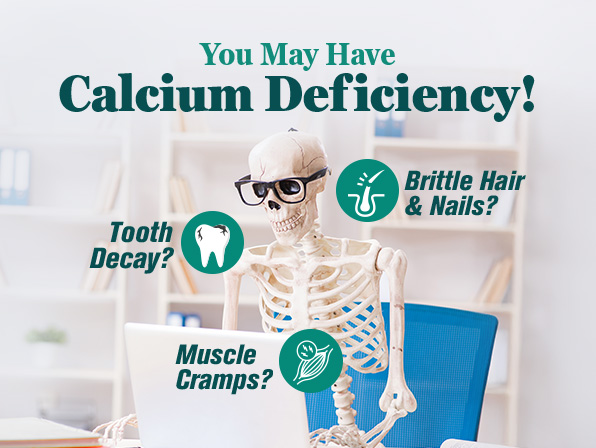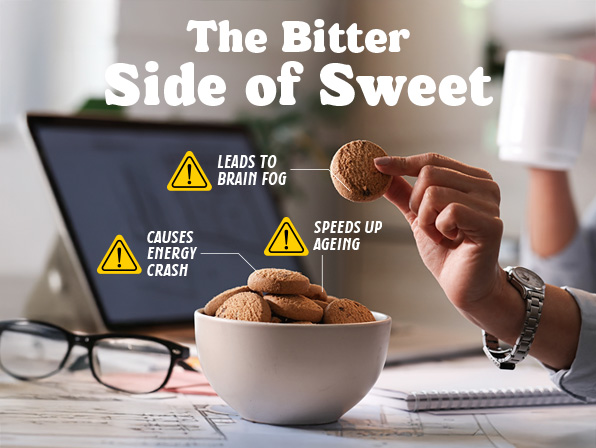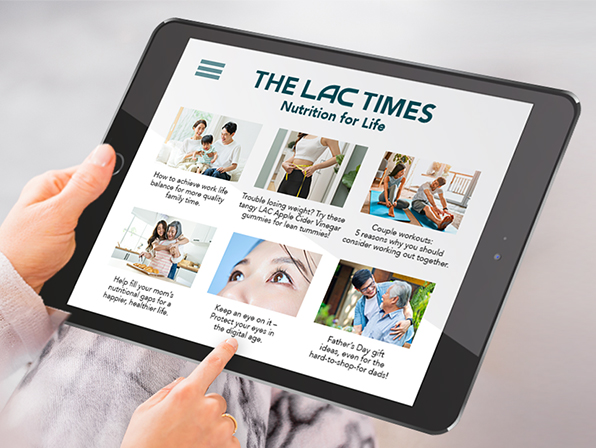Ubiquinol
Type: Antioxidant
There are two forms of CoQ10: ubiquinone (the oxidised form) and ubiquinol (the active form). The body has to convert ubiquinone into ubiquinol before it can be used, which is a fairly inefficient process, especially as one gets older.
With superior bioavailability compared to ubiquinone, ubiquinol plays an important role in supporting cellular energy production, promoting good heart health, and maintaining healthy cholesterol levels. Ubiquinol is widely known as one of the most powerful antioxidants, defending cells from harmful free radicals and oxidative stress. The ubiquinol form of CoQ10 is the only known fat-soluble antioxidant made naturally in the body, a unique property not shared by the ubiquinone form of CoQ10.
Stay Inspired with Health Trends

Ready To Indulge In CNY Goodies? Before You Do, Read This!

2026 Wellness Reset: MORE Hustle, LESS Burnout

7 Secrets You Need To Stop Hiding From Your Health Advisor!

Movember Reminder – Let’s Talk Men’s Health👨🏻🦱🩺

Is Your 9-to-6 Weakening Your Bones? Here’s How To Fight Back!

Sedentary Lifestyle: The Hidden Hazard to Your Health

🏓Power Up Your Pickleball Game

Your Desk Could Be Dirtier Than A Toilet Seat 🦠

Weight Management at Work (that does not require eating salads 🥗)

The Bitter Side of Sweet: Sugar Speeds Up Ageing & Slows You Down at Work

Keep An Eye On It – Protect Your 👀 In The Digital Age

Is Your Child Driving You Crazy? Here Are 7 Supplements To Help You Stay Calm and Sane.

🌸 Happy Mother's Day

Ingredient Spotlight: Placenta and NMN

What is Revenge Sleeping Procrastination?

8 Tips For Building Mental Resilience In Your Child

7 Amazing Facts About Women

How Burned Out Are You?
